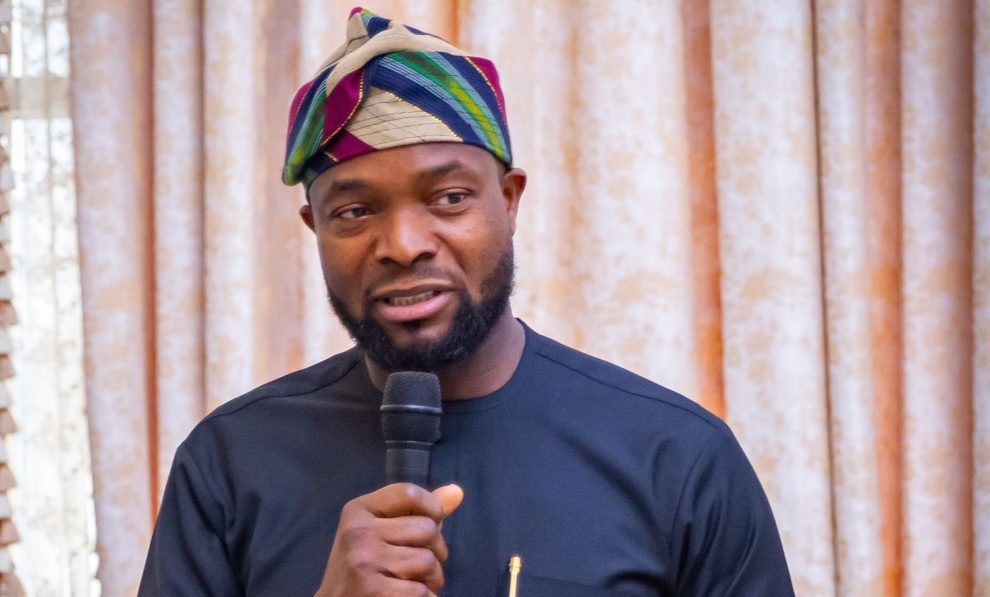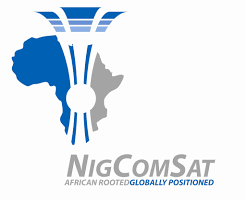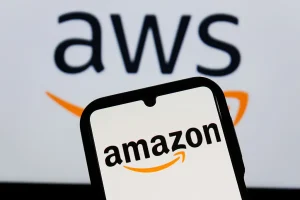Ibwa 2, Nigeria – The Nigerian Federal Government has inaugurated a pioneering digital village pilot project in Ibwa 2, Isuanin Kura, Gwagwalada, Federal Capital Territory, providing free internet access to the rural community. This initiative is a concerted effort to bridge Nigeria’s significant digital divide.
Speaking at the launch on Wednesday, Dr. Bosun Tijani, the Minister of Communications, Innovation and Digital Economy, disclosed that over 20 million Nigerians currently lack any form of telecommunication access. “If you bring out your phone in many communities, you will see there is no network at all,” he noted, highlighting the substantial economic, medical, and educational costs to the nation.
Minister Tijani underscored the often-overlooked security implications of poor connectivity. “Those locations that are not covered become difficult to govern,” he explained, adding that the project in Ibwa 2 is the “first pilot” of President Bola Tinubu’s mandate to invest in approximately 7,000 telecom towers nationwide.
Ibwa 2, a community of over 12,000 people, is among the first to benefit, along with neighbouring areas that previously had no telecommunications. The minister emphasised that the project extends beyond basic phone calls, enabling comprehensive digital transformation.
“We are using the same equipment to connect the hospital here,” Tijani stated, revealing that Huawei has donated equipment allowing local medical practitioners to consult doctors globally. He cited an example of the community chief speaking with a doctor in Abuja via the new technology. Education is also being transformed, with a science teacher from Lagos now able to teach children in the local school remotely, addressing teacher shortages.
Highlighting the community-wide access, he announced, “There is community Wi-Fi here that anyone can connect to, enabling them to access global opportunities.” The minister stressed the government’s commitment to inclusivity, stating that location should not determine access. He noted that over 80% of unconnected communities are in the North, making these areas a priority for the project while balancing nationwide connectivity.
Dr. Tijani acknowledged key collaborations with industry players, notably Huawei, asserting, “We are working with the best companies to manage these infrastructures sustainably.” To promote affordability, the ministry, in conjunction with Huawei, donated 125 mobile phones to the community chief. “These phones cost about $25 each and are among the cheapest smartphones globally,” he revealed, adding that the aim is to test and widely introduce affordable devices, exploring local manufacturing options.
The Ibwa 2 pilot represents a significant stride towards Nigeria’s digital inclusion and the government’s broader objective of integrating all citizens into the digital economy.
Also speaking at the launch, Terrence Wu, Managing Director of Huawei Nigeria Enterprise, described the partnership as a “groundbreaking effort rooted in innovation and collaboration.” He outlined the project’s three core pillars—mobile connectivity, digital education, and accessible health services—as vital for fostering inclusive and resilient communities. Wu affirmed that Huawei’s technology, combined with Globacom’s infrastructure and the ministry’s leadership, would deliver high-speed networks and telemedicine to underserved areas, empowering rural Nigerians with access to education, healthcare, and economic opportunities.
Mr. Kazeem Kaka, Globacom’s Head of Division for Northwest, hailed the launch of the Nigerian National Digital Village as a “landmark moment” in the country’s digital transformation. He commended the collaboration for extending connectivity to underserved communities, describing it as a “bold announcement towards an inclusive digital future.” Kaka stressed the critical role of affordable mobile phones and internet access in empowering Nigerians and urged Ibwa 2 residents to protect the infrastructure and fully utilise the new digital resources for a prosperous future.





Add Comment